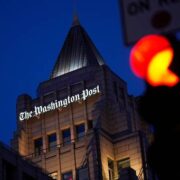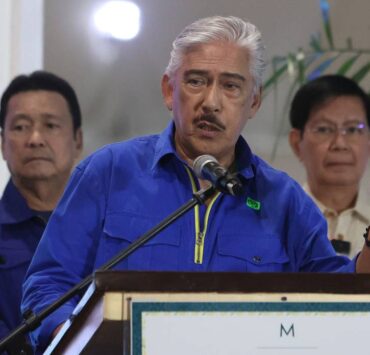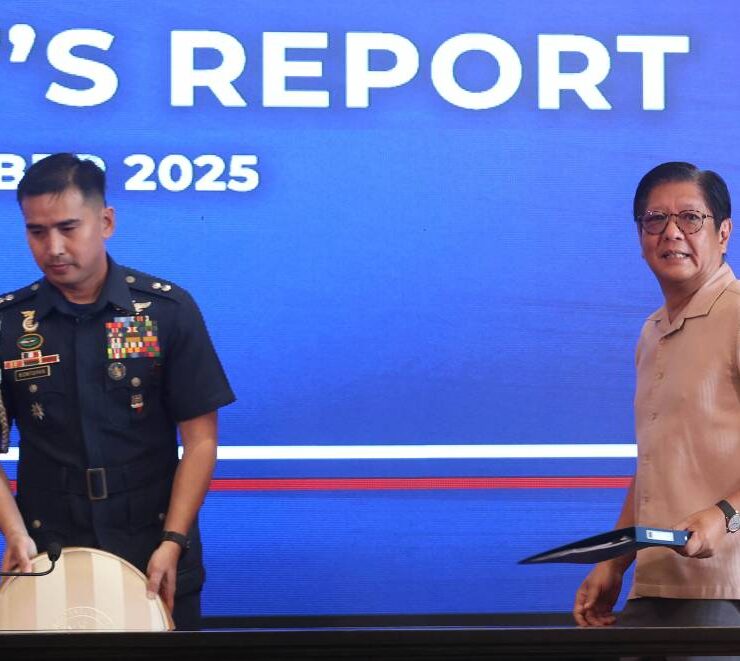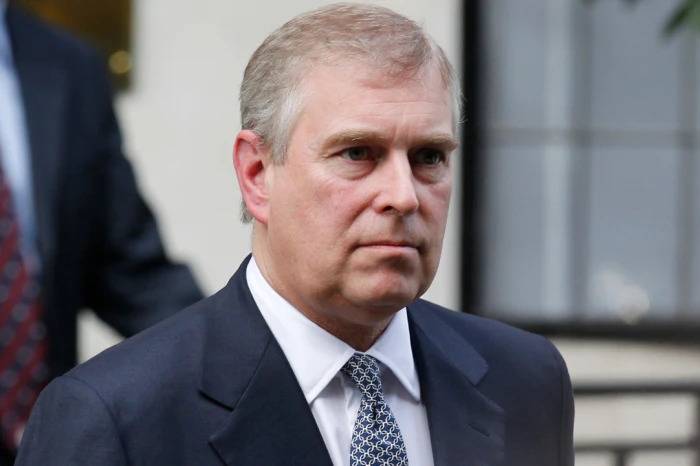Israel attacks Iran nuke sites, missile factories
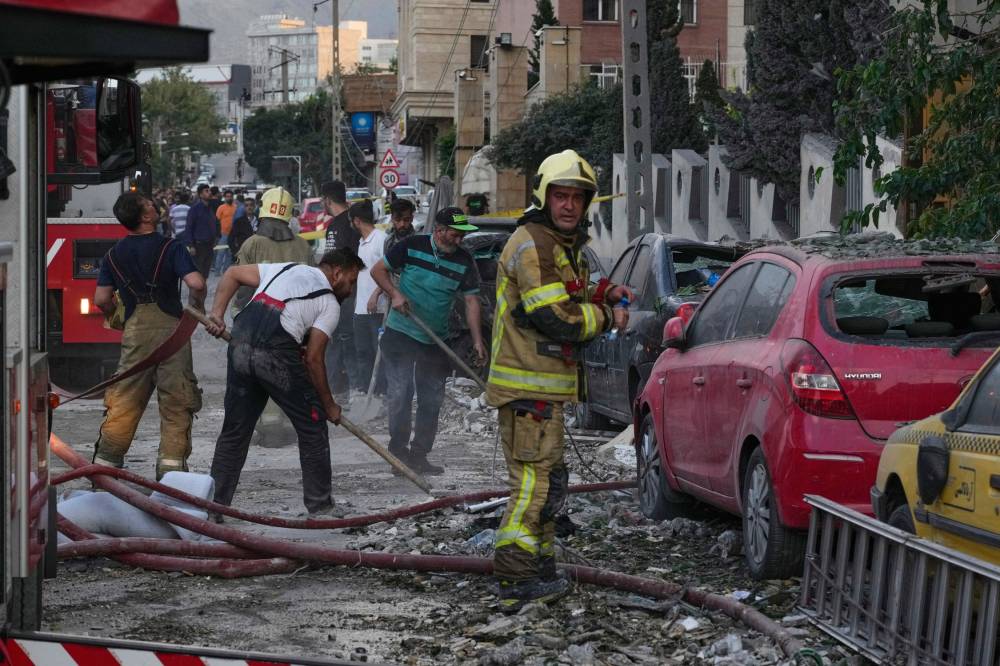
JERUSALEM/DUBAI/WASHINGTON—Israel on Friday launched what its military commander described as a “historic campaign” against Iran, with some 200 fighter jets targeting nuclear facilities, ballistic missile factories and even Tehran’s military commanders in a sweeping operation to prevent Iran from building an atomic weapon.
Iranian media and witnesses reported explosions, including at the country’s main uranium enrichment facility at Natanz.
But Tehran denied reports it had launched about 100 drones to Israel in response to its attack. Nevertheless, Israel declared a state of emergency following its offensive.
Iran’s elite Revolutionary Guards said its top commander, Hossein Salami, was killed, while state media reported the unit’s headquarters in Tehran had been hit.
Israel’s military spokesperson Brig. Gen. Effie Defrin confirmed the commander of the Revolutionary Guards, the chief of staff of the Iranian Armed Forces, and the commander of Iran’s Emergency Command were all killed.
Covert operations
Alongside the extensive air strikes, Israel’s Mossad spy agency led a series of covert operations deep inside Iran, an Israeli security source said.
Those operations included deploying precision-guided weapons in open areas near Iranian surface-to-air missile systems sites, advanced technology used against Iran’s air defense systems and the establishment of an attack-drone base near Tehran, the source said.
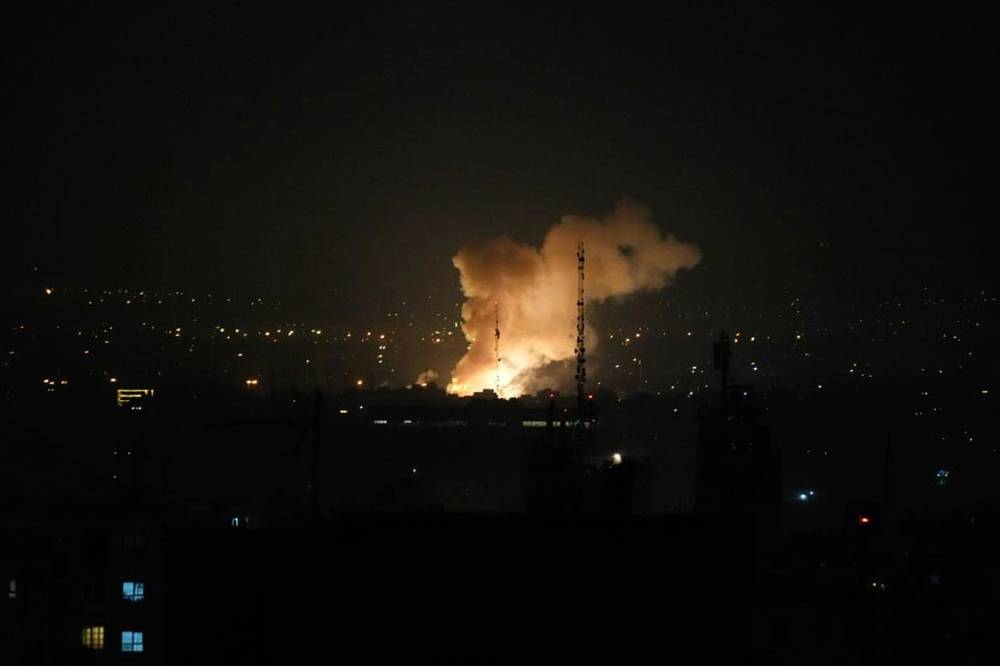
Israeli military Chief of Staff Eyal Zamir said tens of thousands of soldiers had been called up and “prepared across all borders.”
“We are amidst a historic campaign unlike any other. This is a critical operation to prevent an existential threat, by an enemy who is intent on destroying us,” he said.
‘Rising Lion’
According to Iran, several children were also killed in a strike on a residential area in the capital.
Iranian state media reported further that several nuclear scientists, including Fereydoun Abbasi and Mohammad Mehdi Tehranchi, were killed.
In a recorded video message, Israeli Prime Minister Benjamin Netanyahu said, “We are at a decisive moment in Israel’s history.”
“Moments ago, Israel launched Operation Rising Lion, a targeted military operation to roll back the Iranian threat to Israel’s very survival. This operation will continue for as many days as it takes to remove this threat,” he said.
Bibilical reference
“Rising Lion” was named after verse 23:24 of the Book of Numbers in the Bible which promises a victorious future for a powerful Israel.
On Thursday, Netanyahu was photographed putting a handwritten note into a crack of Jerusalem’s Western Wall—Judaism’s holiest prayer site—which in retrospect pointed to the looming strikes on Iran.
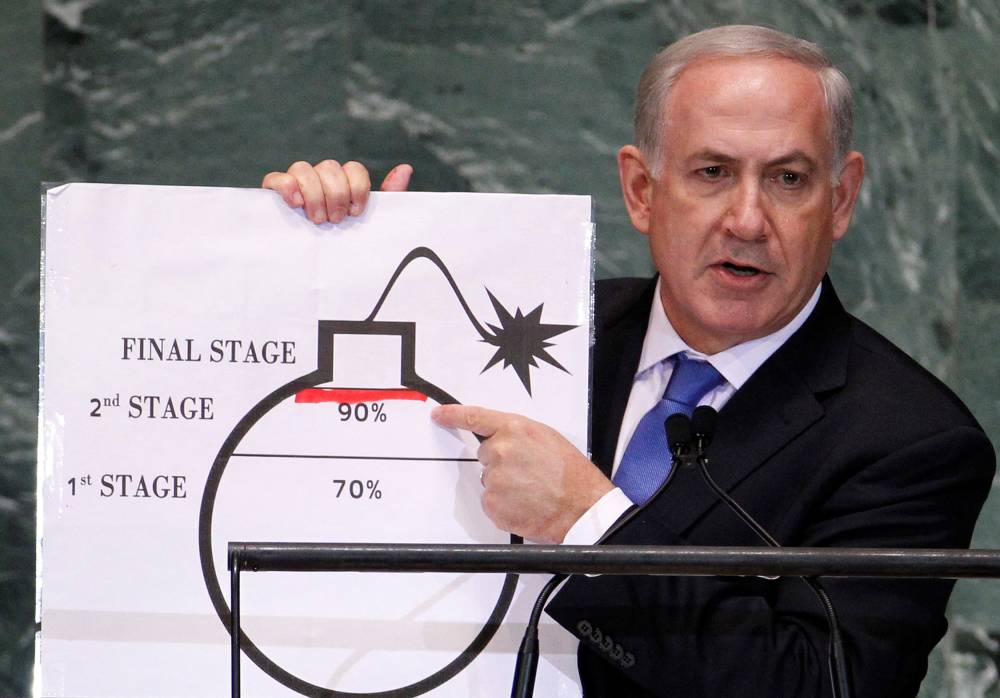
His office then released a photo of the note which said “the people shall rise up as a lion.”
Netanyahu also warned the Israeli public they may have to spend prolonged periods in bomb shelters ahead of an anticipated retaliatory strike by Iran.
US calls it ‘unilateral’ act
In a statement, Iran’s Supreme Leader Ayatollah Ali Khamenei said Israel had “unleashed its wicked and bloody” hand in a crime against Iran and would soon receive “a bitter fate for itself.”
The United States sought to distance itself from the attack, while in Britain, defense sources told the media the United Kingdom wasn’t currently providing support to Israel.
US Secretary of State Marco Rubio described the Israeli attack as a “unilateral action against Iran.”
“We are not involved in strikes against Iran and our top priority is protecting American forces in the region,” Rubio said. “Let me be clear: Iran should not target US interests or personnel.”
An Israeli official, however, told public broadcaster Kan that Tel Aviv had coordinated with Washington before the strike.
Trump: ‘Excellent’
Interviewed by ABC after the attack, US President Donald Trump described the Israeli attack as “excellent” and warned there was much more to come.
“I think it’s been excellent. We gave them (Iran) a chance and they didn’t take it. They got hit hard, very hard. They got hit about as hard as you’re going to get hit. And there’s more to come. A lot more,” Trump was quoted as saying by an ABC reporter on X.
But in an earlier interview with Fox News, Trump said the United States was hoping to get back to the negotiating table with Iran.
US officials have repeatedly said any new nuclear deal with Iran—to replace a failed 2015 accord between Tehran and six world powers—must include a commitment to scrap enrichment, viewed as a potential pathway to developing nuclear bombs.
The Islamic Republic has repeatedly denied such intentions—saying it wants nuclear energy only for civilian purposes—but has rejected Washington’s demand to scrap enrichment as an attack on its national sovereignty.
‘Point of no return’
A US official said talks on Iran’s nuclear program were still scheduled to proceed despite the Israeli attack.
But a spokesperson for the Iranian armed forces accused Washington of providing support and said Israel and the United States would pay a “heavy price.”
Iran also said Israel’s “cowardly” attack shows why Tehran insists on enrichment, nuclear technology and missile power.
Russia and China also criticized the Israeli strike, while Britain and its allies in Europe called for restraint and de-escalation.
Israel has severely weakened Iran’s Middle East allies since the war in Gaza erupted in October 2023, assassinating top leaders of Palestinian militant group Hamas and Lebanon’s Hezbollah.
A source familiar with US intelligence reports said there had been no recent change in the view that Iran was not building a nuclear weapon and that Khamenei had not authorized the restarting of the nuclear weapons program that was shuttered in 2003.
Reuters, the news and media division of Thomson Reuters, is the world’s largest multimedia news provider, reaching billions of people worldwide every day. Reuters provides business, financial, national and international news to professionals via desktop terminals, the world's media organizations, industry events and directly to consumers.













